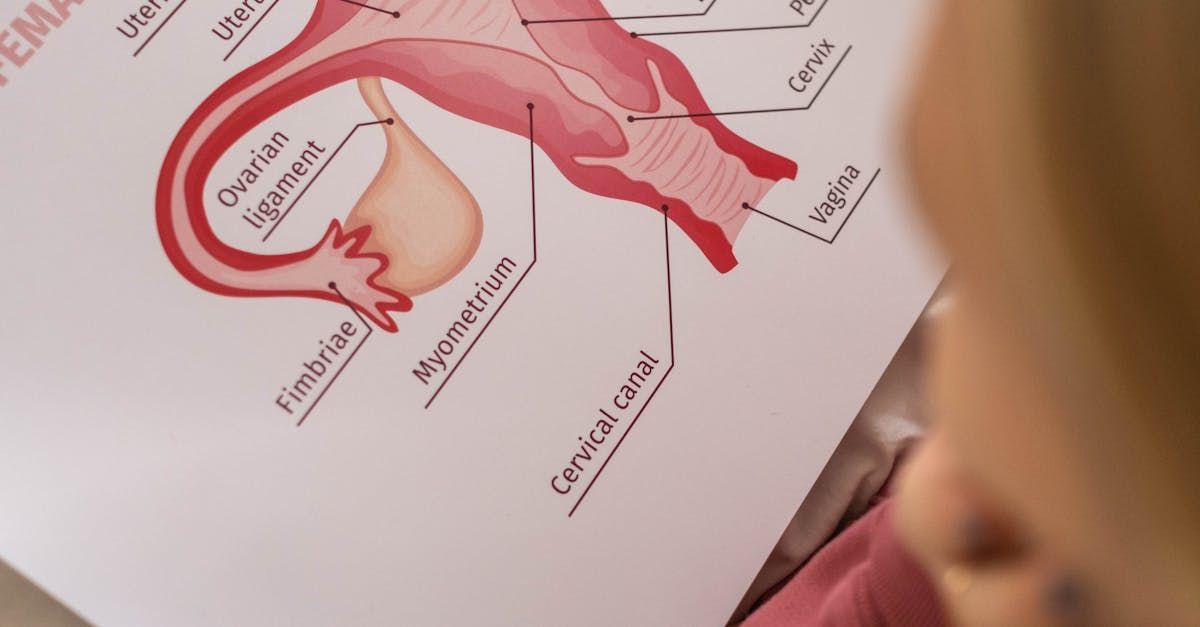The Role of Male Fertility in Conception: Myths and Facts
When it comes to fertility, there’s often a misconception that it’s solely a woman’s issue. However, male fertility plays an equally important role in the conception process. In fact, male factor infertility contributes to about 30-50% of infertility cases. This blog aims to dispel common myths about male fertility and highlight the importance of a comprehensive evaluation for both partners.
Myth 1: If a Man Can Perform Sexually, His Fertility is Fine.
One of the most pervasive myths is that sexual performance is directly linked to fertility. While erectile dysfunction or low libido can be signs of underlying health issues, they don’t necessarily correlate with a man’s ability to father a child. Male fertility depends primarily on the quality and quantity of sperm. A semen analysis is needed to evaluate sperm count, motility (movement), and morphology (shape).
Myth 2: Male Fertility Doesn’t Decline with Age.
While men can remain fertile longer than women, male fertility does decline with age. Sperm quality tends to decrease over time, with older men having lower sperm motility and a higher percentage of abnormal sperm. Additionally, the risk of genetic abnormalities in sperm increases with age, which can affect pregnancy outcomes.
Factors That Affect Male Fertility
Several factors can impact male fertility, including lifestyle choices, environmental exposures, and medical conditions. Smoking, excessive alcohol consumption, obesity, and drug use can all reduce sperm quality. Environmental toxins, such as pesticides and heavy metals, can also have a negative effect. Medical conditions like varicocele (enlarged veins in the scrotum), hormonal imbalances, and infections can further contribute to male infertility.
Conclusion
Male fertility is a crucial component of successful conception, and it’s important not to overlook it during fertility evaluations. Dispelling myths and understanding the facts about male fertility can help couples take the right steps toward starting a family. If you’re facing fertility challenges, it’s essential for both partners to undergo a thorough evaluation. With the right diagnosis and treatment, many couples can overcome male factor infertility and achieve their dream of parenthood.






Contact
Melbourne IVF
268 Manningham Rd, Templestowe Lower VIC 3107
New Patient - (03) 9006 5570
Existing Patient - 03 9473 4444
Practice Hours:
Mon - Fri 7:00 am to 4:30 pm
Sat - by prior arrangement
All Rights Reserved | Dr Yousif Alyousif
